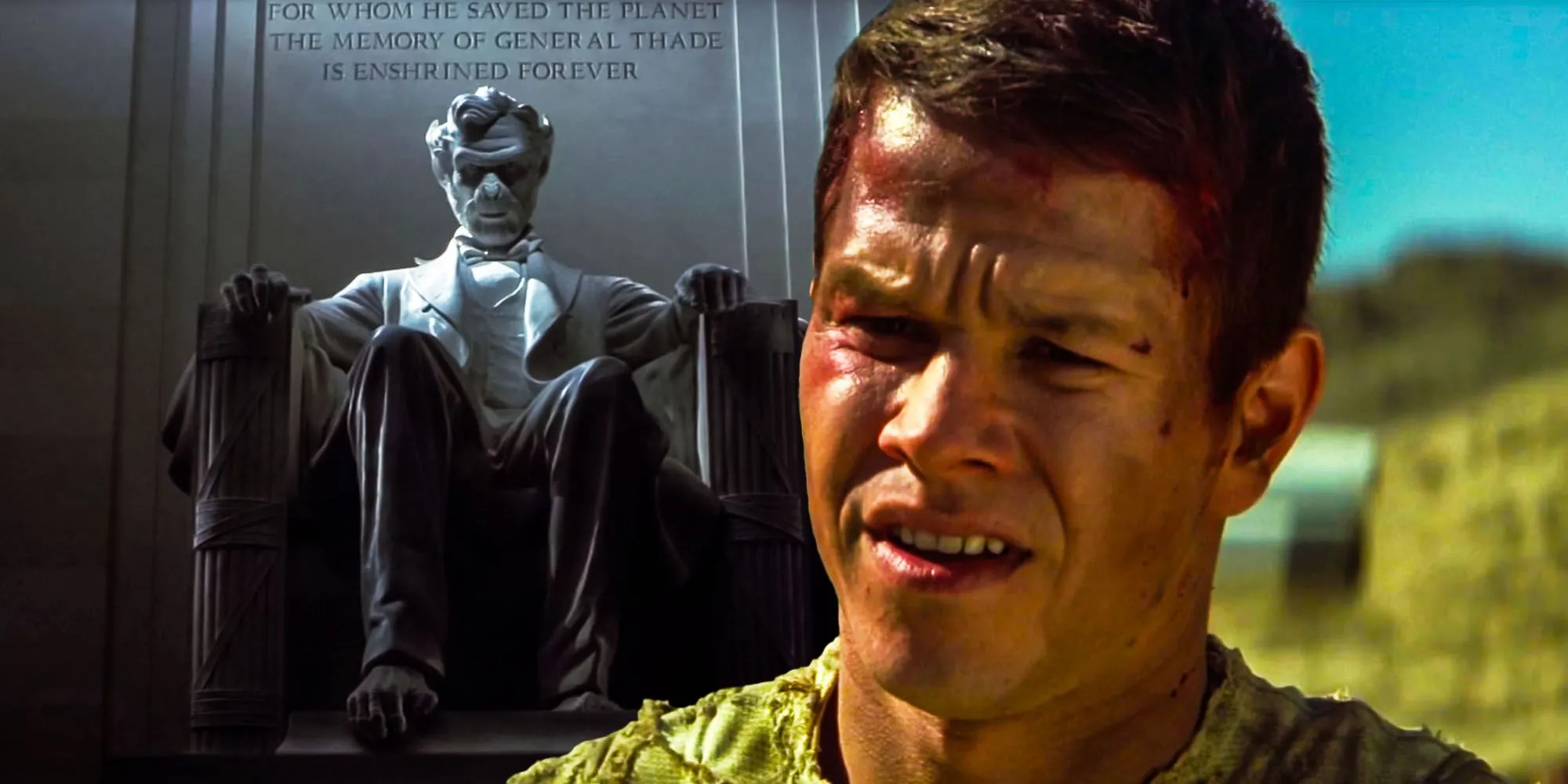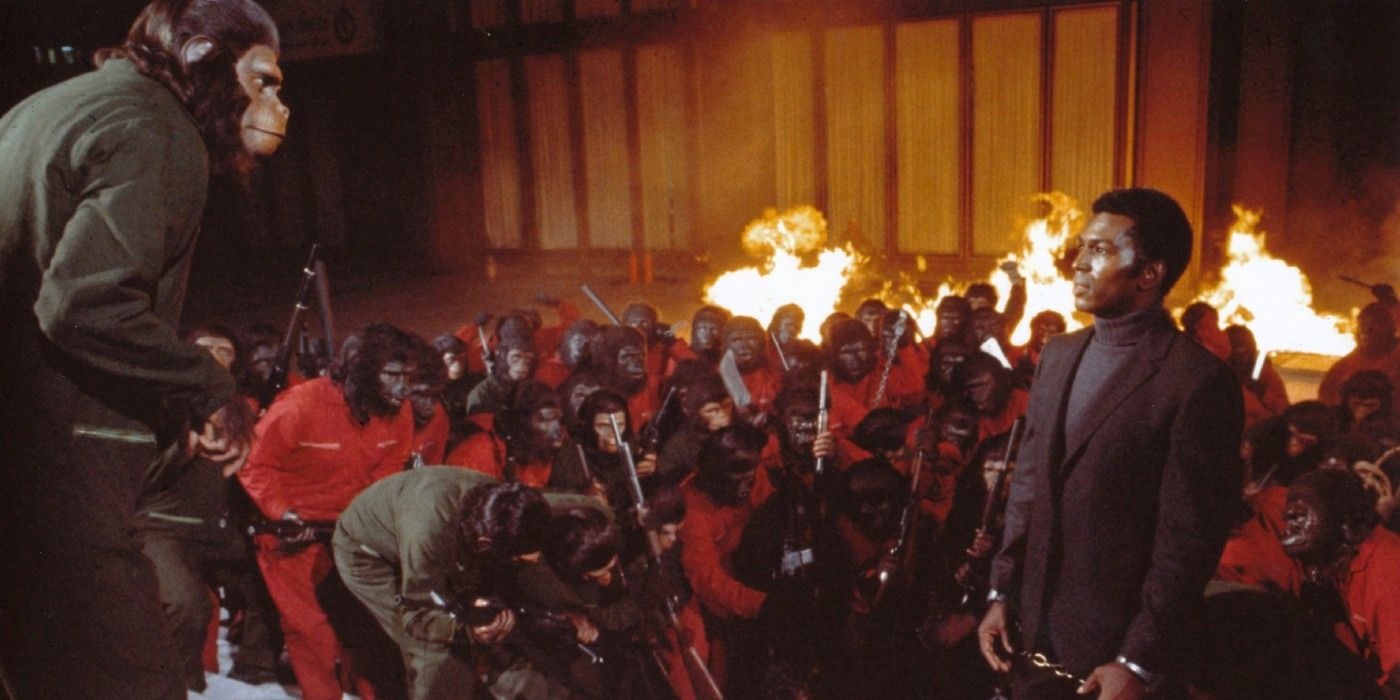Conquest of the Planet of the Apes had one of the most talked-about endings in cinema, which, at one point, led to the decision to alter it for its original release. The first Planet of the Apes movie, released in 1968, shocked viewers by presenting a world where humans were dominated by intelligent apes.
This was capped off with a groundbreaking ending. The film was a major success both critically and financially, leading to something rare at the time: a movie franchise. During that period, sequels were often looked down upon by Hollywood studios, with actors and filmmakers steering clear of them.

Sequels were thought to be of lesser quality, often failing to perform as well as their predecessors. This is why Fox had to convince original lead actor Charlton Heston to return for Beneath the Planet of the Apes in a minor role.
It was Heston’s suggestion to have his character destroy the planet with a doomsday device to prevent more sequels. Despite his best efforts, the franchise continued with the third film, Escape From the Planet of the Apes, which cleverly used time travel to bypass Heston’s destruction of the planet.
A Dark Political Message
Later entries in the series expanded on how the apes came to rise against their human oppressors. Escape From The Planet of the Apes concluded with the birth of Caesar (played by Roddy McDowall), the future leader of the apes.
The fourth film, Conquest of the Planet of the Apes, is arguably the darkest and most political of the series, set in a future where apes are subjugated and treated as pets. Even though Planet of the Apes had a limited budget, evident from its cheap props and rubber ape masks, Conquest stands out as one of the most powerful films in the saga.
The original ending featured Caesar’s army beating the human antagonist, Governor Breck (played by Don Murray), to death with their rifles. However, audience reactions to this violent scene led to a change in the final cut.
A Shift Towards a More Hopeful Ending
As Conquest of the Planet of the Apes serves as an allegory for racism and fascism, it’s no surprise that it also contains some of the franchise’s most graphic violence. In the uncut version, there are scenes where people are set on fire, apes are shot in gruesome close-ups, and bodies are left in piles on the streets.
The movie concludes with a stirring speech from Caesar, which many consider to be McDowall’s finest moment in the entire series. In it, Caesar speaks of how the apes will overthrow their human oppressors without mercy. Afterward, Breck is beaten to death by Caesar’s followers.
However, after a preview screening where audience members walked out during the violent riot scenes and found the ending to be too bleak, the producers decided to alter the film. Instead of reshooting the final sequence, they reworked the existing footage and added a new voiceover by McDowall.
In this modified ending, Caesar has a change of heart, allowing Breck to live. He then declares that while the apes will dominate humanity, they will do so with compassion. While the ending isn’t exactly cheerful, this change softened the film’s harshness and made it more palatable for audiences.
Later, the uncut version of Conquest of the Planet of the Apes was released on DVD and Blu-ray for those who wanted to experience the original, more intense conclusion.



